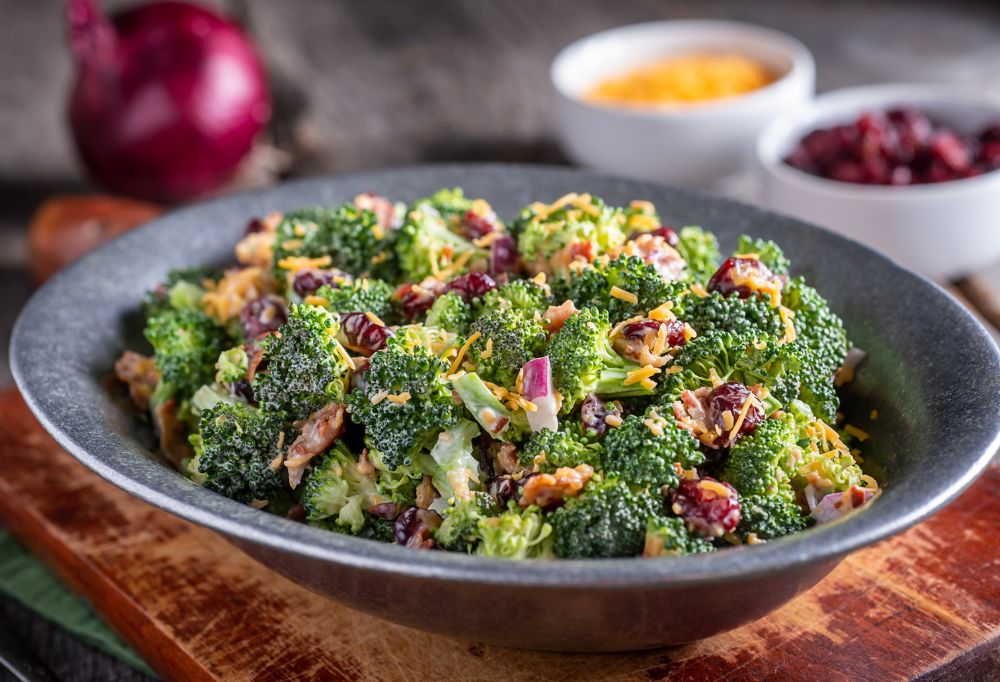Dr. William Epperly of Forum Health Bloomingdale
Why Should I Care About My Gut?
Your intestinal tract, or what we refer to as your gut, has a huge influence on your overall health. It’s not simply a way for your body to get water and nutrition. It contains most of your immune system, and directly affects your mental health and other important bodily functions.
And if the semi-permeable barrier between the inside of your gut and the bloodstream becomes too permeable or “leaky”, then you can have all kinds of health problems developing.
What Can Mess Up My Gut Health?
Dysfunction in the gut can be caused so many factors in our everyday lives including:
- Antibiotics
- Aspiring and other NSAIDs (non-steroidal anti-inflammatory drugs)
- Alcohol
- Artificial sweeteners
- Birth control pills
- Caffeine
- Chronic constipation
- Food allergens like wheat (gluten), dairy and soy
- Infections
- Lack of exercise
- Low fiber intake
- Pesticides
- Poor Sleep
- Processed foods
- Stress
Now that you know the factors contributing to poor gut health, what can you do?
1. Eat Right.
Start by eating whole, unprocessed foods and drinking enough healthy fluids like water, herbal teas, green tea, and fruit or vegetable juices. Optimally, you should consume 7-12 servings of fruits and vegetables per day and leaning toward the less starchy variety.
A serving is considered ½ cup of the food if it’s chopped or a medium size fruit. Vegetables and fruits contain soluble (mixes with water) and insoluble fiber which is indigestible and adds bulk to your stool. It helps keep your stools soft and movable and also provides food for the healthy bacteria in your gut. High fiber diets greatly reduce your risk of developing colon cancer and diverticulosis (protrusions out the sides of your large intestine which can bleed or rupture and kill you).
2. Avoid Antibiotics
If you can, try to avoid taking antibiotics whenever possible. Don’t run to the urgent care every time you get a sore throat or cold. You will likely be given an antibiotic which is may not help you in any significant way and can most certainly do more harm than good.
If you do take a significant amount of antibiotics, you run the risk of developing “intestinal dysbiosis” or a disruption of the ecology of your intestines, or possibly an intestinal overgrowth of yeast such as Candida albicans. Yeast can lead to something we call Candida-related complex (CRC) which generally involves many different kinds of seemingly unrelated symptoms. However, when you do a Candida Diet, take various antifungal agents, and use probiotics, CRC usually improves.
3. Eat Fermented Foods and Take Probiotics Daily
Good bacteria are a type of beneficial bacteria that live in your gut and help to keep you healthy. These bacteria interact with the lining of your intestines to:
- Protect your body from harmful invaders
- Help your immune system function properly
- Reduce chronic inflammation.
They’re also important for maintaining a balanced gut microbiome, which is essential for good digestive health. To help support the “good” bacteria, try to incorporate the fermented foods listed into your daily die.
- Yogurt – If you are sensitive or allergic to milk, there are non-dairy yogurts made from soy, coconut, or almond milk.
- Kefir
- Raw unpasteurized sauerkraut
- Kimchi
- Natto
Another way to support your gut health is with probiotics or friendly, health –promoting bacteria.
The friendly bacteria in probiotics can create a physical barrier against unfriendly bacteria in the gut, thus protecting against infection. Probiotics can also improve digestion and the absorption of food and nutrients, which can help maintain a healthy gut environment.
Forum Health’s Inwell Biosciences offers nutraceutical-grade probiotics with some specific to your particular health need. They also make a number of other supplements designed to support GI health containing such things as glutamine, deglycerrhizinated licorice (DGL), peppermint oil, and several other nutriceuticals. Some are specifically designed to support healing of particular GI issues.
4. Speak to a Functional Medicine Gut Health Specialist
Seeing a gut health specialist who practices functional or integrative medicine can provide numerous benefits including:
- Accurate diagnosis: A gut health specialist has the expertise to address the root cause and accurately diagnose gut-related health conditions, such as irritable bowel syndrome (IBS), Crohn’s disease, and ulcerative colitis. This can lead to more effective treatment and management of these conditions.
- Personalized treatment: Every patient’s gut health issues are unique, and a gut health specialist can provide personalized treatment plans based on each patient’s individual needs. This can include diet and lifestyle changes, medication, and/or supplements.
- Improved gut health: By working with a gut health specialist, you can often reduce symptoms such as bloating, diarrhea, and constipation, and improve overall gut health. This can lead to better digestion, increased nutrient absorption, and a stronger immune system.
- Better mental health: The gut-brain connection is strong, and gut health issues can often lead to anxiety, depression, and other mental health issues. A gut health specialist can address these issues and help patients improve their mental health as well as their gut health.
- Preventative care: A gut health specialist can help patients identify potential gut health issues before they become serious. By addressing these issues early, patients can often prevent more serious gut health conditions from developing.
Ready to get to the source of your gut health issues and start healing? Contact us by filling out the form below.
"*" indicates required fields






